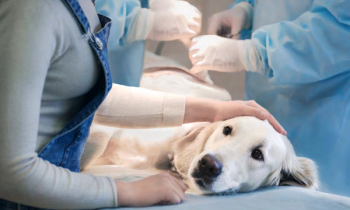
A look at the One Health initiative that is stepping beyond science to generate more treatments more quickly for canine and human cancer.

A look at the One Health initiative that is stepping beyond science to generate more treatments more quickly for canine and human cancer.

A veterinarian who participated in the 2018-2019 AVMA Fellowship Program considers the implications of gene editing in both food animals and pets.
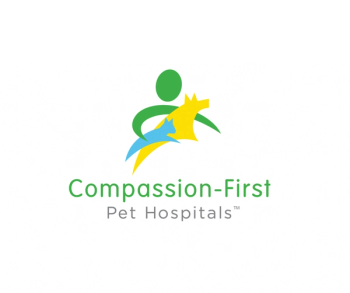
Compassion-First Pet Hospitals welcomes a large New York practice, furthering its mission of creating long-term partnerships and elevating veterinary medicine.

Antech’s novel blood test allows veterinarians to rule in or rule out IBD early and with confidence in dogs suffering from associated clinical signs.

The new drug has been proven safe and effective in relieving pain and inflammation associated with osteoarthritis.

A new study finds an explanation for why it’s so difficult for owners of obese cats to restrict their pet’s diet.

Researchers recently reviewed the published literature about growth of storage mites on commercial dry pet foods.

One veterinary student explains why establishing veterinary medicine programs at historically black colleges and universities (HBCU) is key to addressing systemic racism within the profession.

By tracking age-related progressions in gene methylation patterns of dogs and comparing them with those previously observed in people, researchers have constructed a new “epigenetic clock” for translating dog years to human years.

When a client won’t stop talking for long enough to allow you complete your diagnostic evaluation, sometimes you have to resort to strange measures.
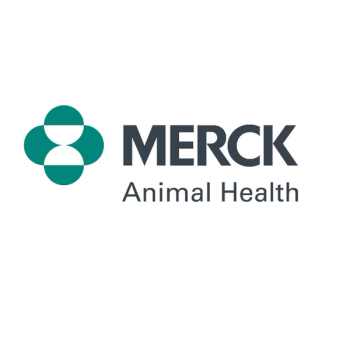
With the completion of this deal, Merck Animal Health now offers products that address all of the most common internal and external parasites affecting dogs.

Kentucky is the 45th US jurisdiction to accept the certification for licensure from the Program for the Assessment of Veterinary Education Equivalence.

BluePearl is investigating the reasons behind a 70% increase in parvovirus cases seen in its hospitals in recent months.

A look at the advantages and disadvantages of raw, homemade, and vegan diets for dogs and cats.

Data about Paycheck Protection Program use among practices, advice for borrowers, and a look at what’s ahead.
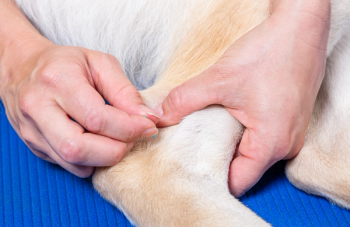
Osteoarthritis is a painful, debilitating condition that affects countless animals. Here’s a look at alternative treatments being used in veterinary practices across the country.
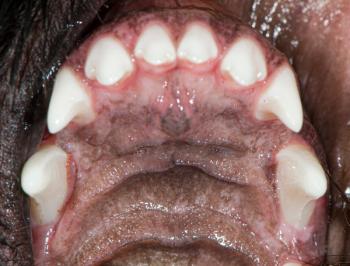
When it comes to dental care, sometimes the best course of action is no action at all.

As pandemic restrictions ease should veterinary practices get to choose whether they stop or continue curbside care?

It’s no mystery that associate veterinarians, in an effort to figure out if their noncompete is enforceable, find themselves trying to solve, well, a mystery.

Florida now accepts the Program for the Assessment of Veterinary Education Equivalence (PAVE) Certificate as part of the license process for international veterinary students.

Learn about the 18 members of our new editorial advisory board, including a few fun (and surprising) facts about their personal lives.
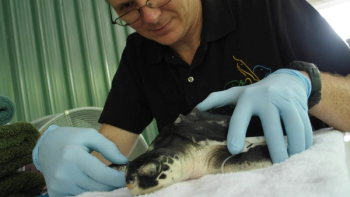
Wildlife veterinarian, professor and scientist Michael Ziccardi, DVM, MPVM, PhD, will lead the One Health Institute for the next 5 years.

Cheryl Good, DVM, oversees the virtual interactions between The Bridge Club and the group’s newest offering, The Bridge Club Pets.

Give your clients the facts about the damage heartworm disease can do not only to their pet’s health but also to their pocketbook.

If you're pussyfooting around the idea of starting up a kitten foster care program, shelter medicine expert Dr. Amanda Dykstra can help you think through the resources youll need. And if youre already up to your ears in foster kittens, its not too late to take some good advice.
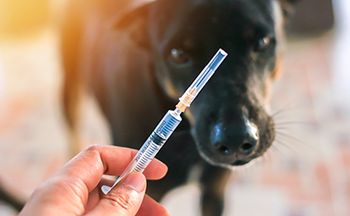
Although rare, several forms of adverse reactions have been documented after vaccination in dogs and cats. Heres what veterinary teams need to know today.

Hungry for more information on food allergies, and the associated dermatologic conditions in dogs? Use these tips to help your veterinary team discern dietary sensitivities in your patients.